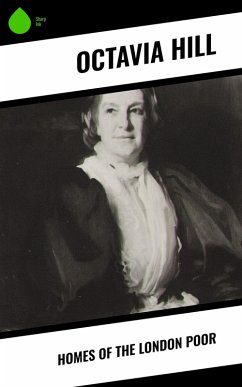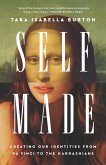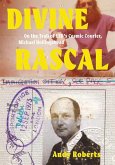"Homes of the London Poor" is both a personal recollection and a social study by Octavia Hill. When Hill began her work, the model dwelling movement had been in existence for twenty years, royal and select committees had sat to examine the problems of urban well-being, and the first of many tranches of legislation aimed at improving working class housing had been passed. From Hill's point of view these had all failed the poorest members of the working class, the unskilled labourers. She found that their landlords routinely ignored their obligations towards their tenants, and that the tenants were too ignorant and oppressed to better themselves. She tried to find new homes for her charges, but there was a severe shortage of available property, and Hill decided that her only solution was to become a landlord herself. In consequence of her diligent work and prudent management, by 1874 she had 15 housing schemes with around 3,000 tenants. Hill's system was based on closely managing not only the buildings but the tenants. She maintained close personal contact with all her tenants, and was strongly opposed to impersonal bureaucratic organizations and to governmental intervention in housing.
Dieser Download kann aus rechtlichen Gründen nur mit Rechnungsadresse in A, B, BG, CY, CZ, D, DK, EW, E, FIN, F, GR, HR, H, IRL, I, LT, L, LR, M, NL, PL, P, R, S, SLO, SK ausgeliefert werden.









